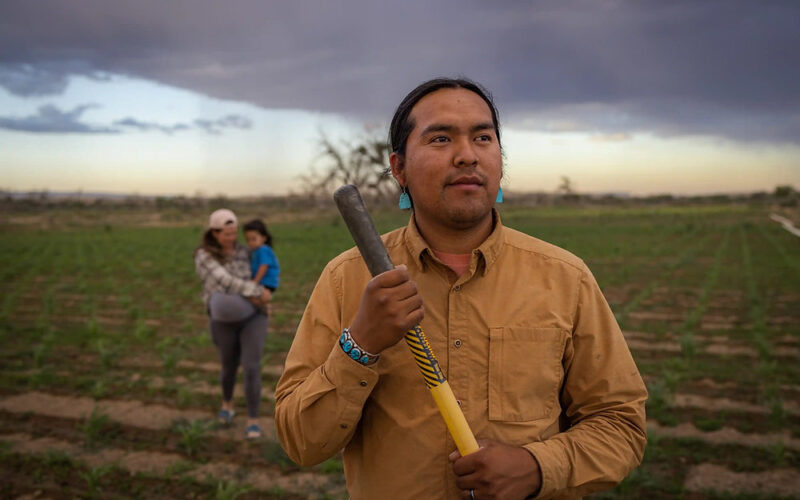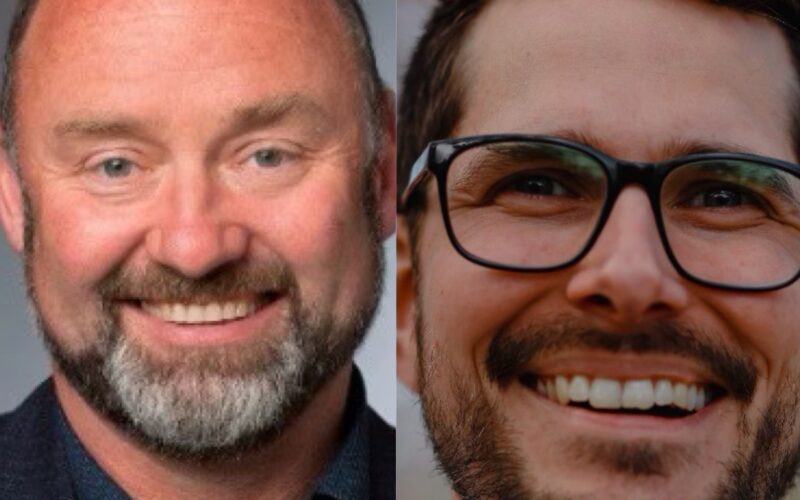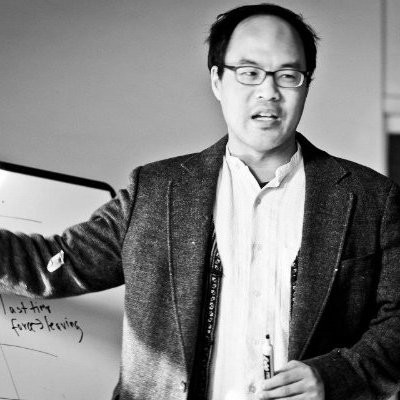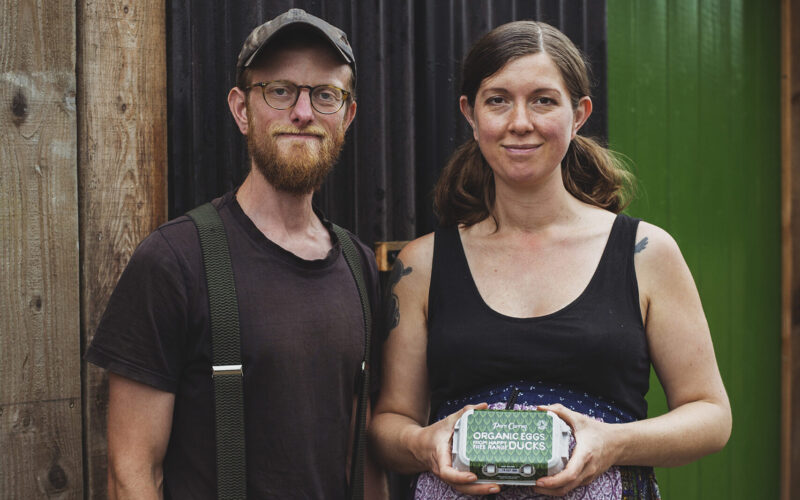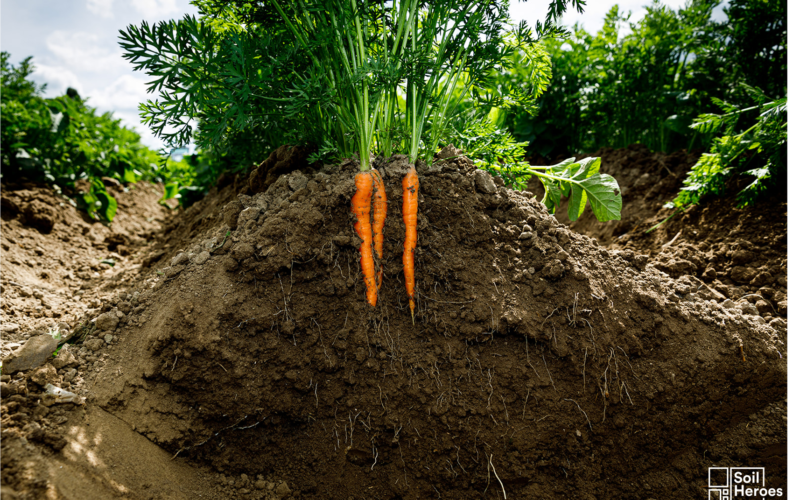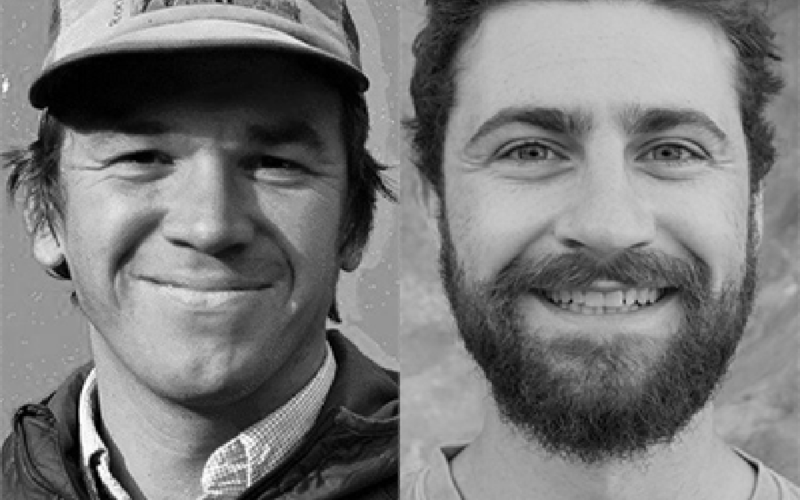Sonja Stuchtey – Have billions flow into regeneration by having accountants agreeing that it is an investment, not a cost
A conversation with Sonja Stuchtey, co-founder of The Landbanking Group, about innovative financial strategies, accountancy standards and rules, reliable sourcing, better quality and lower prices, investing in the value chain and more.
Let’s say you are an orange juice or chocolate bar producer: your margins are under pressure because the costs of buying raw ingredients have exploded the last few years. What do you do? In any other business you would likely invest in your supply to secure reliable sourcing, better quality and potentially lower prices. Why haven’t we done that in regen (with some exceptions of fully vertically integrated brands)? Now it seems possible for companies to invest in their value chain so to allow orange farmers to make regen changes in the practises to future proof them.
How? Crucially it comes back to treat it as a long term investment and not as a short term cost which will hurt you margins and, thus, annoy your shareholders. Treating investments (which btw we need billions) in regen as an investment and not a cost sounds so trivial and simple, but it takes a whole lot of technology to measure, report and a lot of talks with the big four accountancy firms to get this done.

